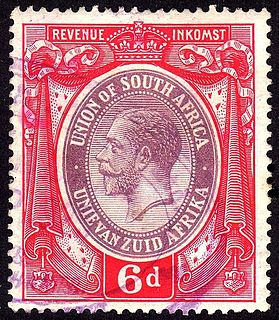
The Cinderella Stamp Club was founded on 5 June 1959 in London, England, and is an association of philatelists, amateur and professional, whose interests lie in local stamps, telegraph stamps, railway stamps, revenue stamps, fiscals, forgeries, bogus and phantom issues, Christmas, Red Cross, TB and other charity seals, registration labels, advertisement and poster stamps and many other items - all of which are the so-called "Cinderellas of Philately".

L.N. and M. Williams were a philatelic writing partnership made up of brothers Leon Norman Williams and Maurice Williams (1905–1976).

Walter Morley (1863-1936) was a pioneering English philatelist, stamp dealer and philatelic author.

Frederick John Melville was a British philatelist, prolific philatelic author and founder of The Junior Philatelic Society. He was also a founder in 1907 of the Philatelic Literature Society. Melville is a member of the American Philatelic Society's Hall of Fame and was a signatory to The Roll of Distinguished Philatelists in 1921.
James Richard William Purves – generally denoted in publications as J. R. W. Purves -- was an Australian lawyer and philatelist. His half century of work in Australian philately earned him the title “The personification of Australia in International Philately.”
Francis Edgar Kiddle was a British philatelist who achieved an international reputation in the field of philatelic literature and cinderella philately.

Percy George de Worms was an English aristocrat and philatelist.

Frederick Adolphus Philbrick was a lawyer and an early British philatelist.
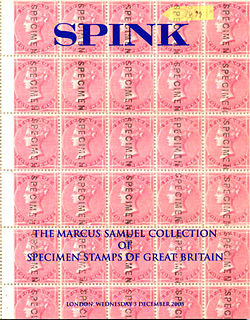
Marcus Francis Javier Samuel was a distinguished British philatelist who was an expert on the specimen stamps and revenue stamps of Britain and the British Commonwealth. He was a Fellow of the Royal Philatelic Society London.
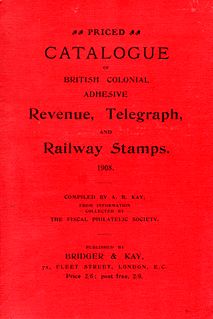
Alexander Berridge Kay was the founder, with E.J. Bridger, of the stamp dealers Bridger and Kay in 1897 or 1898 and a leading figure in the Fiscal Philatelic Society. In 1910, Kay identified used copies of the Italian forgery of the British grey-green Victorian 10 shilling stamp watermarked anchor and perforated 14. His letter to The London Philatelist, published in November 1910, warned the philatelic community of its existence.
Lionel William Fulcher B.Sc. (1865–1945) was a British philatelist who co-edited, with Stanley Phillips, Gibbons Stamp Monthly, was Vice President of the International Philatelic Union and was a key figure in the Fiscal Philatelic Society. He was an expert on the early stamps of Japan and also studied Venezuela, Peru, Nicaragua, Papal States and Norway.
Percival Loines Pemberton, Pem to his friends, was a British philatelist and stamp dealer who signed the Roll of Distinguished Philatelists in 1921. He was the son of Edward Loines Pemberton (1844–1878) who was also an eminent philatelist.
Charles Stanhope Foster Crofton was a British philatelist and a member of the Indian Civil Service.
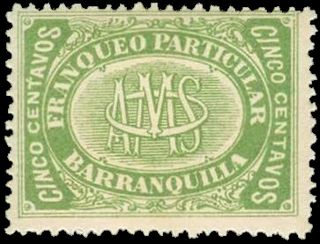
Alan D. Anyon is a British philatelist and expert in the revenue stamps of Colombia. In 2009, with Dieter Bortfeldt, he published the first dedicated catalogue of Colombian revenue stamps.
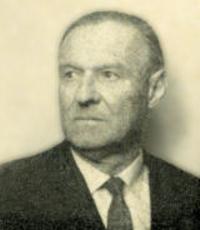
Álvaro Bonilla Lara won the Lichtenstein Medal in 1965. He was a lawyer by profession. Bonilla Lara was a member of the Society of Costa Rica Collectors and an expert on the revenue stamps of Costa Rica. In 1998, his History of the Revenue Stamps of Costa Rica (1870-1970) was updated by Héctor R. Mena and Oscar C. Rohrmoser as the Costa Rica Revenue Stamp Catalogue (ISBN 0964524767).
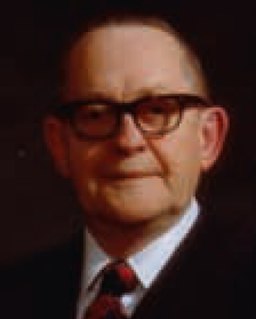
Sigurd (Sigge) Ringström was a philatelist who signed the Roll of Distinguished Philatelists in 1977 at Blackpool. In 1982, with H.E. Tester, he was awarded the Crawford Medal by the Royal Philatelic Society London for parts I and II of The private ship letter stamps of the world.

Alexander G. Argyropoulos (1883–1962) was born in London the son of the Greek ambassador to the United Kingdom. He trained as an agricultural engineer. In his spare time he was a noted philatelist.

